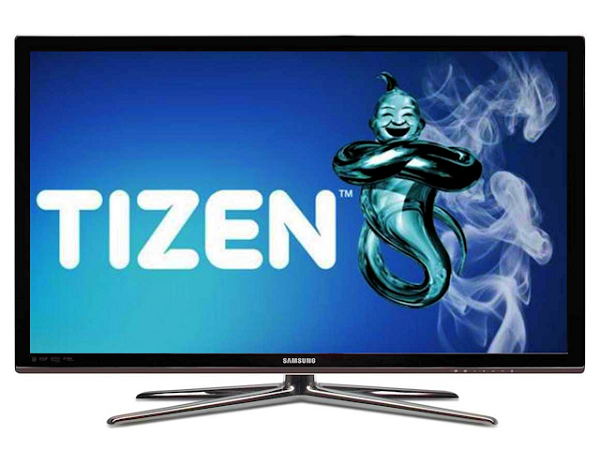Tizen the Trojan Horse

Tizen is software. More specifically, it is an operating system principally developed by Samsung and Intel. Historically, Tizen has its origins in Samsung's LiMo and Bada software. It can run on a host of devices such as PCs, tablets, smartphones, smart watches, smart cameras, printers, appliances, Blu-ray players, and smart TVs. Samsung has very big plans for Tizen. At CES 2015, Samsung announced that it will put Tizen in all of its smart TVs in 2015; that's about half of its TVs, or about 30 million sets. Moreover, it aims to have Tizen-powered internet connectivity in all of its TVs by 2017.
Tizen is based on the Linux kernel; it is open-source; however, because of patent issues, its licensing has some strings attached; also, its software development kit is proprietary. A Linux-based operating system for embedded systems—hmm, kind of like Android, right? Then what's the deal with Tizen? Tizen has had numerous delays and poor product launches. Just last summer, the Wall Street Journal called Tizen "an ill-fated project." Why would Samsung devote so many resources to develop its own operating system? And why push a platform that is unfamiliar to outside developers? Why not just use Android, a name that everyone already uses, knows, and trusts?
Samsung is betting on Tizen because it is crucial to the company's long-term strategy. In fact, Tizen would bring a number of advantages to the company. For starters, when you're in the commodity business, you desperately need something to differentiate your product from everyone else's. Otherwise, the competition just beats you with lower prices. If everyone is selling Android smartphones or Android TVs, why should someone buy your Android smartphone or TV? Tizen aims to provide a better alternative to Android.
Samsung clearly believes it can somehow make Tizen superior to Android, or otherwise it will be advantageous for the company to use it. I don't see why Android couldn't also do this, but, for example, Tizen TVs will make it easy for users to connect to other Samsung devices. For example, you could watch live TV on a tablet even when the TV is turned off. Also perhaps Samsung believes that Tizen will encourage users to stay within its own product ecosystem. Finally, of course, Google makes money ever time each of us uses Android. Clearly, Samsung would like to own a similar advertising and app revenue stream from Tizen. In any case, Tizen is very attractive.
So, with great risk, Samsung is rolling out Tizen, using its TVs as the vehicle. Everyone knows what operating system their phone uses, but few care what their TV is running. Pushing a relatively unknown platform like Tizen might kill a phone's sales but it won't discourage TV buyers. One downside is that people buy new phones all the time, but hang onto their TVs much longer; this will slow Tizen's growth. Still, TVs are a good place for Samsung to grow Tizen. Do you want Tizen in your TV? If you buy a Samsung smart TV, you won't have any choice.
In other words—see that big wooden horse standing outside Best Buy—just drag it home. But remember what they say about Geeks bearing gifts.





























































